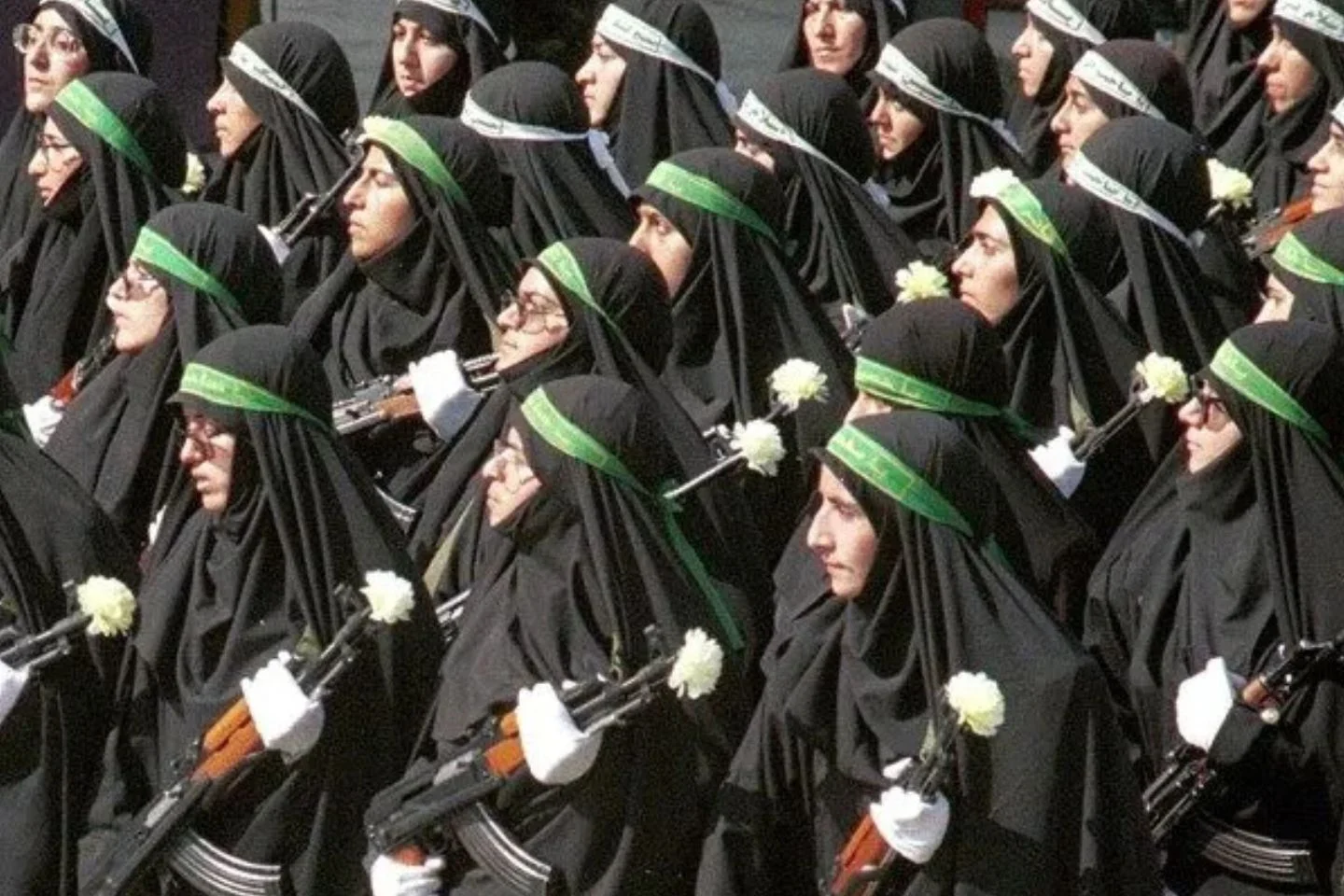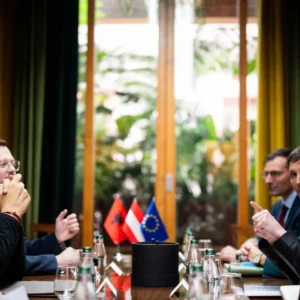From Tehran to Hamedan, the mullahs in Iran are resorting to draconian measures at home in response to the latest attacks by Israel and the US.
After the end of the bombings, the regime is terrorizing the population with brutal repression, and there are reports of numerous executions.
When the bombing by the Israeli Air Force and US forces ceased, calm did not return to Iran. Instead, the political and religious rulers responded with an unprecedented internal offensive: roadblocks, arrests, house searches – and there were several executions. The Islamic Republic appears unbroken to the outside world, but increasingly authoritarian internally, according to a recent report in the Wall Street Journal.
In a twelve-day air offensive, military and nuclear facilities in Iran were targeted. Prominent members of the Revolutionary Guard were also targeted. The attack exposed massive security gaps and struck the regime at its core. Now, a hard line on domestic policy is apparently intended to restore lost trust.
More than 1,000 people have been arrested in the last two weeks, many on charges of collaborating with Israel or passing on information, according to Amnesty International. Security forces have set up checkpoints throughout the country, especially in Tehran. Cars, phones, and even laptops are being searched. Police are patrolling with paramilitary equipment. According to state media, 24 suspected “spies” were arrested in the western Iranian city of Hamedan alone, allegedly for passing photos and videos to foreign intelligence services.
There have also been executions: at least six men were reportedly executed in summary proceedings. Minimum standards of the rule of law were clearly disregarded.
Return of the morality police
It is not only espionage that is being prosecuted – strict Islamic rules are also being rigorously enforced once again. Women report a resurgence of checks by the so-called “morality police.” A 44-year-old woman from Tehran said she was stopped and questioned in the street because her socks were see-through. The return of the morality police is intensifying the atmosphere of intimidation.
Nobel Prize winner sounds the alarm
“The situation for people in Iran is now more dangerous than ever before,” warns human rights activist and Nobel Peace Prize winner Narges Mohammadi. She says the regime is using the state of emergency to radicalize itself even further and systematically eliminate critics.
The state-controlled media are also supporting the repression, spreading daily reports of allegedly foiled acts of sabotage, confiscated weapons, and new cases of espionage. The population is openly called upon to report conspicuous behavior among their neighbors, such as frequent changes of location, closed curtains, or metallic noises in apartments.
Following reports of his death, Esmail Qaani, commander of the elite Quds Force, appeared shortly after the ceasefire at a rally loyal to the regime – wearing a black beret and surrounded by cheering supporters. Iran’s supreme leader, Ayatollah Ali Khamenei, also spoke out for the first time since the attacks began. In a televised address, he downplayed the damage and claimed that “the Islamic Republic has triumphed and dealt America a blow to the face.”
While the regime is demonstrating toughness at home, it is simultaneously trying to secure its economic interests. Shortly after the attacks began, Iran transferred several million barrels of oil from the export island of Kharg to Southeast Asia, apparently to avoid possible damage to infrastructure. Several government aircraft, including the presidential Airbus, were also flown to Muscat in Oman, apparently with no passengers on board, but with cash and luxury goods.
In any case, the damage caused by the attack is enormous: according to the Ministry of Health, over 600 people were killed and almost 5,000 injured. Many residents of Tehran report sleepless nights on balconies, explosions and fires that lit up the sky over the capital. Wealthy neighborhoods in the north of the city, home to nuclear scientists and high-ranking officers, were particularly affected.
Now people are trying to return to normal life – under constant surveillance. Internet connections were restored after more than a week, but fear remains. Messaging services such as WhatsApp are being avoided for fear of surveillance.
Credit: APA















Recent Comments